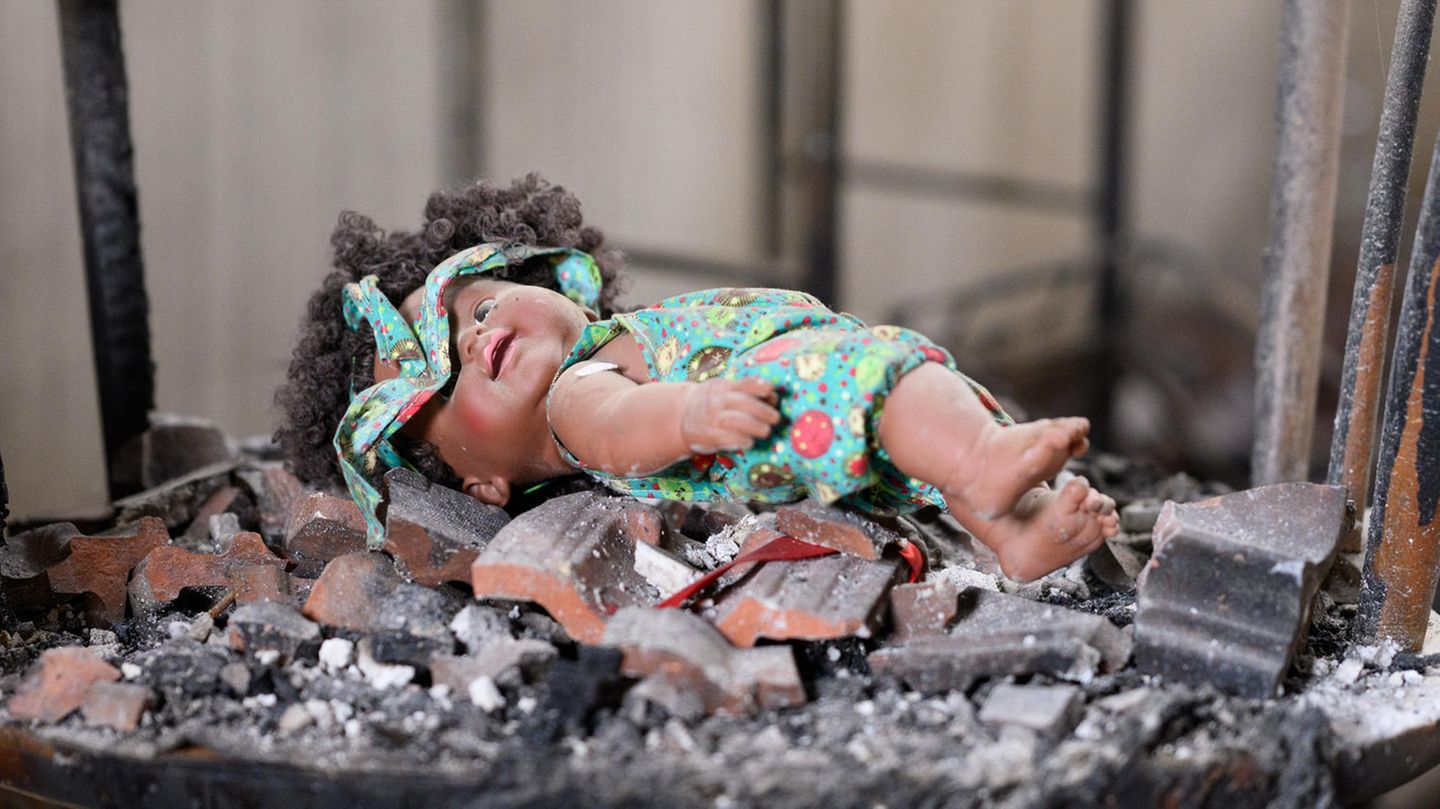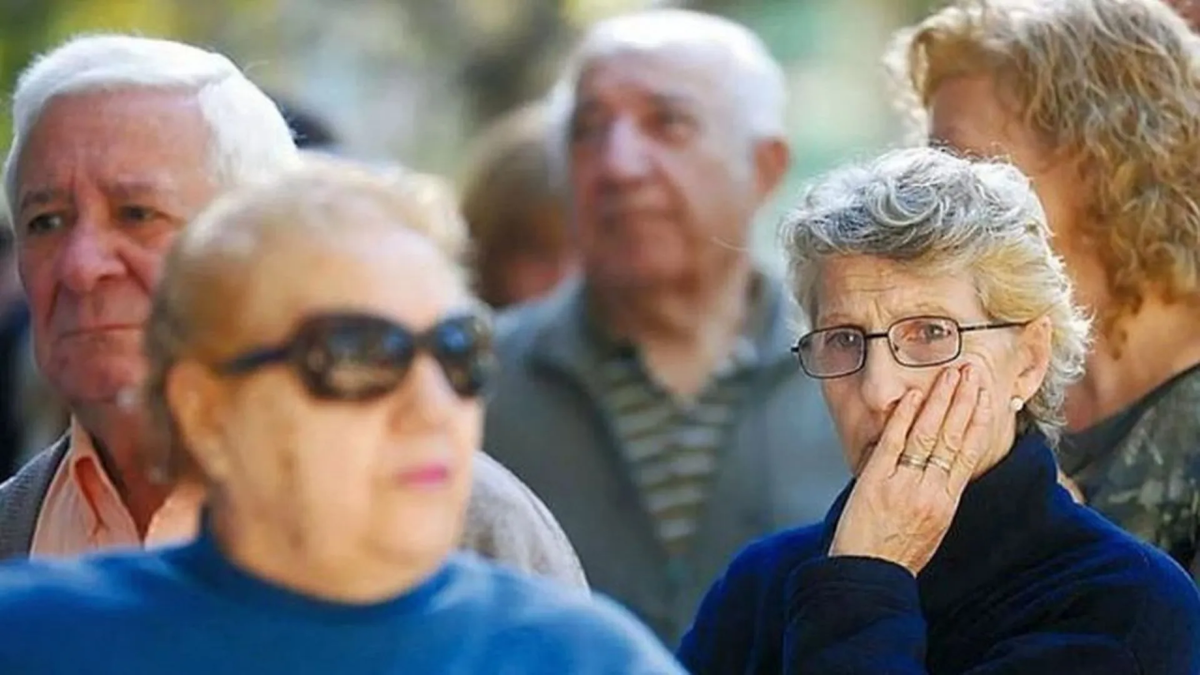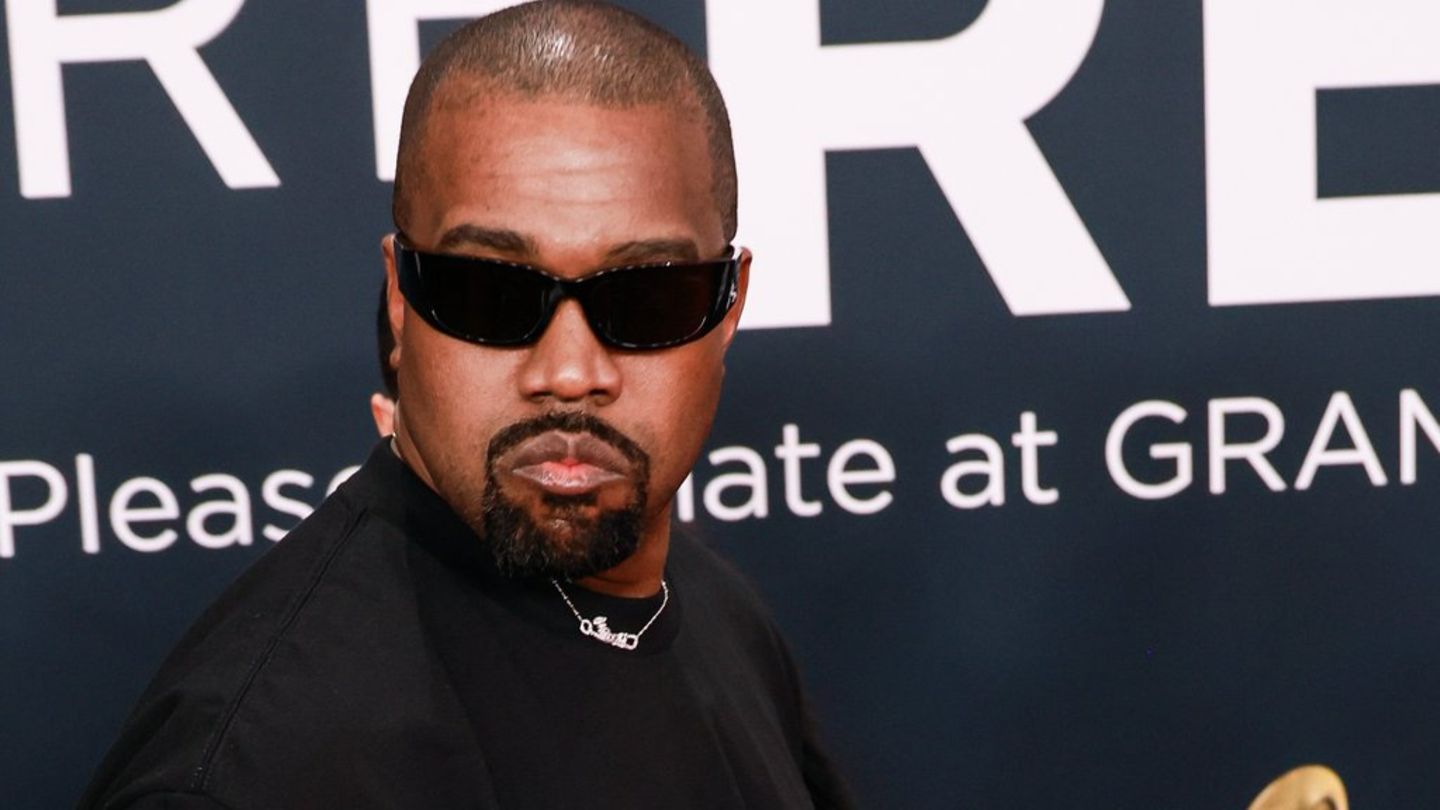A milestone in human history: The Universal Declaration of Humanity Human rights was passed 75 years ago. And now? Wars, conflicts, misery. What has happened, where is danger lurking?
Bombs in Ukraine, a terrorist attack on Israel, rocket attacks in Gaza and many more brutal battles in Sudan, Myanmar and other countries: what is wrong with the world?
75 years ago, on December 10, 1948, the then members of the newly founded United Nations adopted the Universal Declaration of Human Rights. The 30 articles are intended to protect everyone in the world from arbitrary state violence. As the world situation shows, this has hardly been possible so far. “It is not human rights that are failing,” said the UN High Commissioner for Human Rights, Volker Türk, in Geneva. “It is the cynical disregard for human rights and the failure to heed warnings about human rights that have brought us here.”
“The legal norms do not translate themselves into reality,” explains the Secretary General of the European Center for Constitutional and Human Rights (ECCHR) in Berlin, Wolfgang Kaleck. And the reality of the last 75 years has been wars and massacres, as the dpa human rights lawyer says. “At least we have the Declaration of Human Rights.” She is indispensable. The director of the German Institute for Human Rights, Beate Rudolf, says: “The idea of human rights is as powerful today as it was 75 years ago. The idea that every person has rights simply because of their humanity, everywhere and at any time, inspires people and limits states. “
Gaza is becoming a test
On the basis of the Declaration of Human Rights, nine international treaties were created that specifically enshrine rights, including the Convention on the Rights of the Children. “Of course just paper is not enough, they have to be implemented, and that requires pressure from civil society,” says Kenneth Roth, head of the human rights organization Human Rights Watch for around 20 years until 2022, and now a lecturer at Princeton. Challenges remain.
“Since the so-called ‘war on terror’ starting in 2001, there has been a dramatic erosion of international law and human rights,” says Kaleck. He refers to the US response to the terrorist attacks in New York and Washington with the collapse of the World Trade Center towers. The US had terror suspects taken to a prison camp at Guantanamo, where they were held for years without trial. US soldiers tortured in Iraq. None of this was internationally punished, says Kaleck.
“Gaza will be a test of whether the West is serious about international law and human rights,” he says. Even before the most recent Israeli attacks in the Gaza Strip in response to the terrorist attack on October 7th, Western countries had remained inactive. “If you, like the German government, advocate that Israel does not have to answer to the International Criminal Court for the illegal construction of settlements, but only points the finger at those who are far away in Africa – that no longer works.” Such double standards would rightly be denounced in the rest of the world. “In the West, people are digging their own grave by allowing legal principles to erode. If trust breaks down that the law is applied equally to everyone, it will only be a matter of who is – militarily – stronger. For This is really bad for Europe because, among other things, it is economically dependent on there being reliable trade relationships.
The biggest threat comes from China
For human rights activists, the biggest threat to human rights comes from China. “They want to undermine the whole concept,” says Roth. “It’s attractive to dictators.” China, for example, insists in the UN Human Rights Council that each country should be allowed to choose its “own path of human rights development”, taking into account cultural heritage and national conditions. “China wants only the gross domestic product to count, the growth of the economy,” says Roth. It calls these collective rights, for example to a life without poverty. It has never ratified the Covenant on Civil and Political Rights, which enshrines freedom of expression and assembly.
China is trying to use financial pressure to get countries on its side in votes in the United Nations, says Roth. In 2022, Beijing managed to block a debate at the Human Rights Council with the votes of others, such as Cuba, Venezuela and Sudan, on a report by the UN human rights office describing the repression of the Uyghurs and other Muslim minorities in Xinjiang. However, Roth does not believe that the strategy will be successful in the long term. Many countries that benefited from China’s money in the Silk Road project and voted with Beijing in the United Nations are now in a debt trap and are disillusioned.
“The role of human rights in contemporary societies has changed,” says conflict researcher Susanne Buckley-Zistel from the Philipp University of Marburg to the dpa. “In the past, in the 70s and 80s, the focus was on authoritarian regimes, it was about torture, totalitarianism, political prisoners in other countries. Now they are used more to address the situation in their own country.”
Human rights and migration
In a project with other institutes, Buckley-Zistel is investigating the role of human rights in the context of migration. “In the migration debate we are talking about human rights law,” she says. Migrants and organizations that support them make greater reference to human rights in order to articulate their interests. “This also includes raising the awareness of refugees that they can defend themselves against human rights violations that have happened to them elsewhere in Germany, for example,” says Buckley-Zistel. “For example, the world’s first trial for state torture in Syria took place in Koblenz in 2020.”
Source: Stern
I have been working in the news industry for over 6 years, first as a reporter and now as an editor. I have covered politics extensively, and my work has appeared in major newspapers and online news outlets around the world. In addition to my writing, I also contribute regularly to 24 Hours World.




